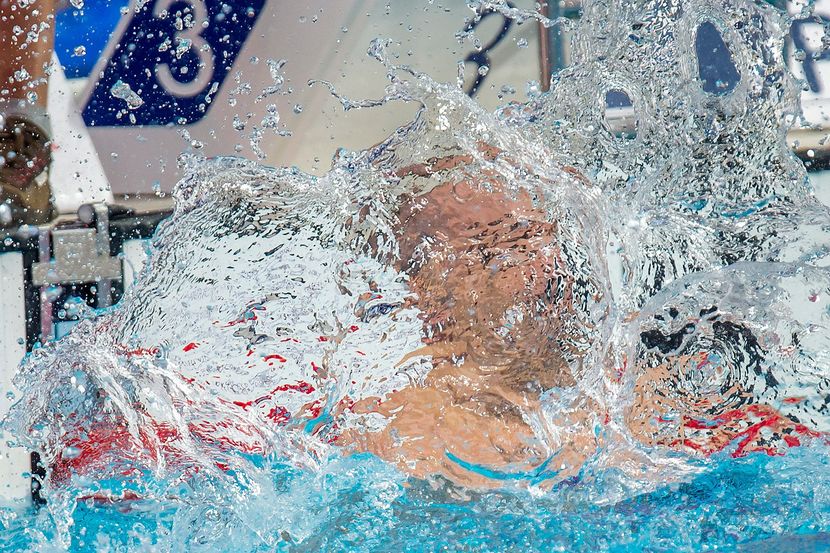
The French expert collaborated with Technical National Director Ali Adabo Ali from the Fédération Djiboutienne de natation.
The content of the school was very rich, comprising both theoretical and practical parts. Theory especially focused on important coaching skills, such as the great work that must be done by a coach on motivation, management and communication tools that any coach must have, but also included long-term goals, such as plan for development in Djibouti with national championships and competitions programme, an organisation model that can serve as a reference for swimming clubs and their functioning, a model for training sessions, career and time planning, etc.
By the pool, Pedroletti discussed the methodology for each swimming stroke. He also presented an organisation and methodology outline for a crawl training school, explained the practical aspects of group management and educational progression.
At the end of the ten-day school, an examination took place, which all participants successfully passed.
FINA’s main objective is to promote and encourage the development of Swimming in all possible manifestations throughout the world and it is by keeping this in mind that the Federation has for more than a decade put in place a whole variety of programmes that help sustain such aspiration. The underlying idea is that by providing educational programmes for coaches, judges, managers and referees, less-favoured nations will be able to develop and organise their aquatic sports in a more efficient and effective way.
To this day, FINA has created Schools for Water Polo referees, Diving and Synchronised Swimming judges, swimming officials and coaches and managers in all disciplines. To illustrate such success, between 2005 and 2008, 117 Schools for Swimming, 30 for Synchronised Swimming, 42 for Water Polo, 19 for Diving and 22 for Open Water Swimming were organised. 48 took place in Africa, 94 in the Americas, 52 in Asia, 10 in Europe and 26 in Oceania.
A prominent aspect of FINA’s development policy is the Olympic Solidarity Programme, founded in 1961, which provides assistance to National Olympic Committees, especially those lacking the necessary resources to develop their aquatic sports. Its world programmes hinge on four fields of action: athletes, coaches, National Olympic Committee management, and promotion of the Olympic values. As for its continental programmes, they take into consideration the socio-economic and cultural environment in order to adapt with the region’s specific needs.